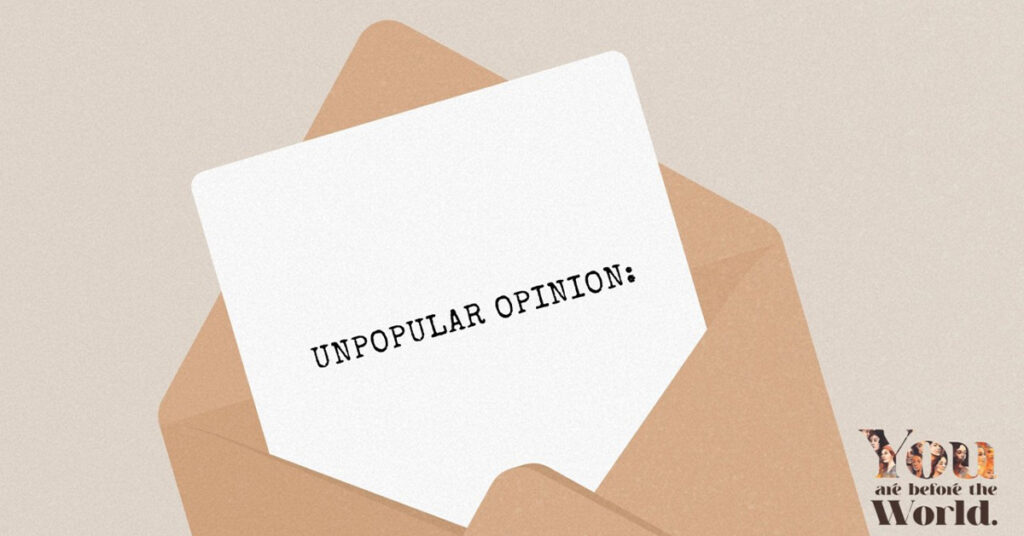I have a love-hate relationship with social media.
I love connecting with people I never would’ve met if not for these wide-open digital spaces. People who see the world as I do, even with oceans between us. I wouldn’t have discovered all the talented creatives whose art makes me laugh and think and cry and dream and believe the unbelievable one more time. I wouldn’t have anywhere to share my innermost thoughts when leaving them unsaid or unwritten keeps me up at night.
At the same time, there’s a lot to strongly dislike about the boundarylessness of social media. I don’t like the clear path to cruelty it offers those who, in the eighties and nineties, may have just sulked harmlessly in their parents’ basement. I don’t like that we’ve commercialized things we once freely gave and received: lifesaving information, hope, encouragement, love, support. I don’t like the addictive nature of it, and I really don’t like the posturing. Including my own.
The algorithm makes us behave in unnatural ways, and we’ve formed a lot of bad habits trying to outsmart it. One is the “unpopular opinion” post-starter, which everyone now knows is just a way to poke the bear forcefully enough to get attention. We—the people mindlessly scrolling for hours on end—are the bear.
What are we really looking for on our many platforms? Everything, it seems. In the beginning, it was connection. Then, it expanded to include knowledge and humor and inspiration. Soon, fame and monetization. Now, it’s often validation—to be acknowledged, celebrated, approved. I’m not judging. On any given day, I post for one or more of these reasons. But I saw a recent article that revealed the algorithm for the futile enigma it is.
It claimed that successful LinkedIn posts should have multiple chunky paragraphs. At least 4-5 sentences. No links in the post—just in the comments. No hashtags. Posted on Saturday or Sunday before noon. And now, “newsy.” That’s all well and good, except the guidance last month was different.
I began thinking about every post I’ve shared hoping it would be useful, which for me, means timely, supportive, insightful, or instructive. I can’t imagine filtering those gut-level shares through so many recommended lenses. I’m not sure the spirit would be the same.
What are we really doing? When we feel something genuine and urgent, but pause to shape it (for the algorithm) before we express it?
And then it hit me—we do this every day. We hold our truths for the right time, right place, right audience. Sometimes, we hold them so long, they never make their way out.
Unpopular opinion: For all the talk of authenticity, there’s very little to be found in the formulas we’re encouraged to follow.
There’s a classic scene in The Wiz, the 1978 Wizard of Oz adaptation directed by Sidney Lumet and musically produced by Quincy Jones, where Evilene (The Wicked Witch of the West) perishes, and the dozens of people she’d held captive slowly strip away their awkward and excessive coverings. The soot in the air begins to lift, the sunlight breaks through, and the newly free people arrange into a gorgeously choreographed dance in the film’s magnum opus.
Our costumes are heavy. Our formulas do not work. We pretend to know things we don’t know to get things we don’t have and be seen as someone we’re still striving to be. This is a tale as old as time, but with the pace of technology and the mad rush to everywhere and everything, we don’t pause long or often enough to consider whether it’s working.
Is it working?
We are enough. We are worthy. We are before other people’s calculations and before our own strategies and lists and plans. We existed before the algorithm and we will be here after it. If we hold fast to our shared humanity, that is.
Tara Jaye Frank
